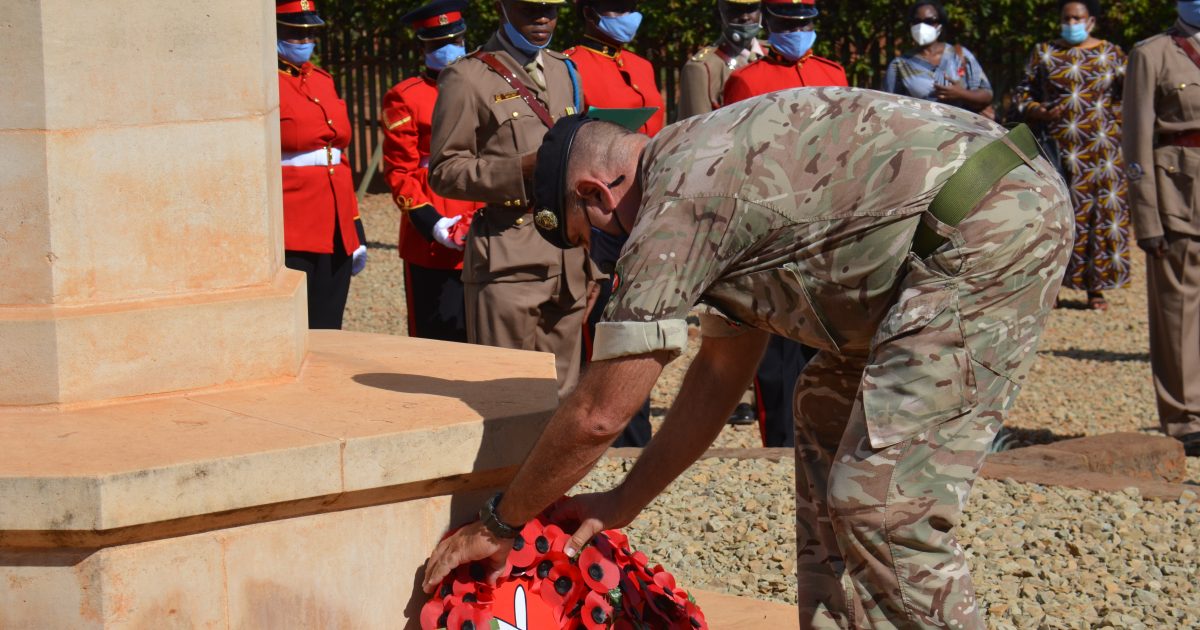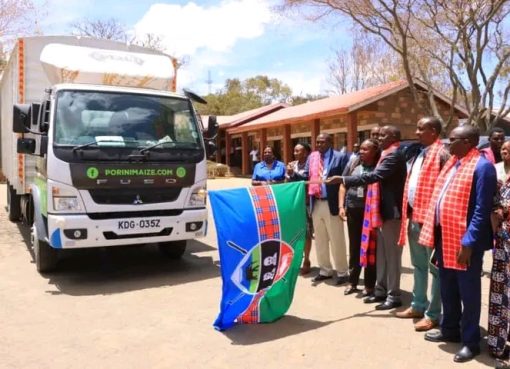To historians, the mention of World War 1 evokes dark memories of death, loss and pain. Taita-Taveta County, a region considered ground zero in the WW1 East Africa Campaign, to date retains the scars of the ancient battle.
The 1914-1918 blood war between British and Germany left behind old-age suffering as a result of separation of families and forceful displacement of communities. These grave violations have to date left residents with a scarred history as a result of inherited intergenerational trauma.
However, the most enduring legacy from the war is the existence of ancient monuments that still carry the devastating scars from a bloody battle waged over a century ago. The monuments, dilapidated and crumbling from decades of assault by the elements, are scattered across the county with most teetering on the verge of total ruin.
Cultural historians and tourism promoters regard these decaying relics of war as an unlikely silver lining from a painful event that most people would rather forget. They term the structures of the war as special items of great cultural significance and which are endowed with rare historical value that must be preserved for posterity.
Mr. Livingstone Mghenyi, chair of Domestic Tourism Association (DTA), says though the war was a painful chapter in the history of the region, the remnants of the artefacts and relics from that dark period has massive tourism potential that can be exploited to benefit local residents. He argues that such a move would be a positive step towards atoning for the historical injustice and human-rights violations meted out to the local residents by the foreign combatants.
He however points out the urgent need to protect dozens of historical sites that are being degraded by weather, vandalism and other adverse human activities.
“These sites are goldmines that can transform the lives of our people but we are watching an entire historical epoch being wiped out during our time because we are not taking any action. These war relics are only found in this region and must be protected at all costs,” he says.
His concerns on the state of war sites are genuine. Nearly all First World War sites and in sad shape. The old weather-beaten DC house in Taveta sub-county where the first shot was fired is collapsing into itself. The rusty roof is caving in and the moldy walls dotted with holes are crumbling. The wooden frames on doors and windows are rotting.
Others are teetering on the edge as a result of decades of neglect. The Mile 27 railway bridge in Mwatate is rusty and is only intact because it is located within a private and well-guarded sanctuary. The Mwashoti fort in Mwatate and the site of Maktau airstrip are also in a sorry state. The Salaita Hill in Taveta was nearly overrun by vandals until a private investor erected a fence around it.

Already, an ancient British machine gun embankment near the Picket Hill in Maktau area in Mwatate is no more. Made from giant rock boulders, the structure was destroyed by unscrupulous builders who carted away boulders for construction.
World War 1 historian Mr. Willy Mwadilo says the battle sites offer a unique opportunity for the county to diversify the tourism packages offered. This would lure more visitors to the region. He adds that Kenya, famous for bush and beach tourism, can promote battle-field tourism as a unique attraction for both domestic and international tourism.
“This is an asset whose potential should be exploited to the fullest. Few other places have such sites and this means we can pioneer this package and market the region as home for battlefield tourism,” he says.
To conserve and preserve the endangered WW1 sites and promote tourism, tourism stakeholders have embarked on a long overdue process of developing a County Tourism Master Plan. This document is being hailed as a blueprint for tourism activities in the sector.
The document will assist in mapping, identification classification and protection of vulnerable tourism sites in the region in addition to providing grounds for a policy framework to guide the county on how to promote all under-marketed attractions.
Mr. Mghenyi adds that the masterplan will pave the way for creation of a tourism board whose main aim is to revamp the sector. This, he notes, will entail mapping the historical war sites and developing measures to secure them from degradation. The document will propose pathways for enhanced cooperation between national government entities like National Museums of Kenya (NMK) and the county government.
“This will help set a firm foundation that will lead to full exploitation of our tourism assets. The county will move to secure and preserve our sites and help market them to the world. We are finally taking charge of our tourism destiny,” he says.
The document is also expected to unlock funding opportunities by organizations and groups that promote domestic tourism. This will be done through formulation of frameworks where local players will be incorporated into the sector through formalization of such attractions as home stays that will draw tourists away from the traditional Tsavo park safaris. There are also hopes that other underexplored aspects of tourism including birdwatching, rock climbing and extreme sporting will be introduced in the region.
“We hope to have a wide variety of attractions that will give any visitor a unique experience to make them come back,” says Mghenyi.
One of the controversial issues that tourism stakeholders expect the masterplan to address is the appropriation of WW1 historical sites by private investors.
The Salaita Hill, one of the most prized battle sites where hundreds of soldiers perished, has been fenced off by a private developer in Taveta. Reports allege the historical hill falls within his vast land.
In the past, there have been calls to nationalize historical sites that have special significance to the country and have them managed by the national government on behalf of the public.
By Wagema Mwangi




